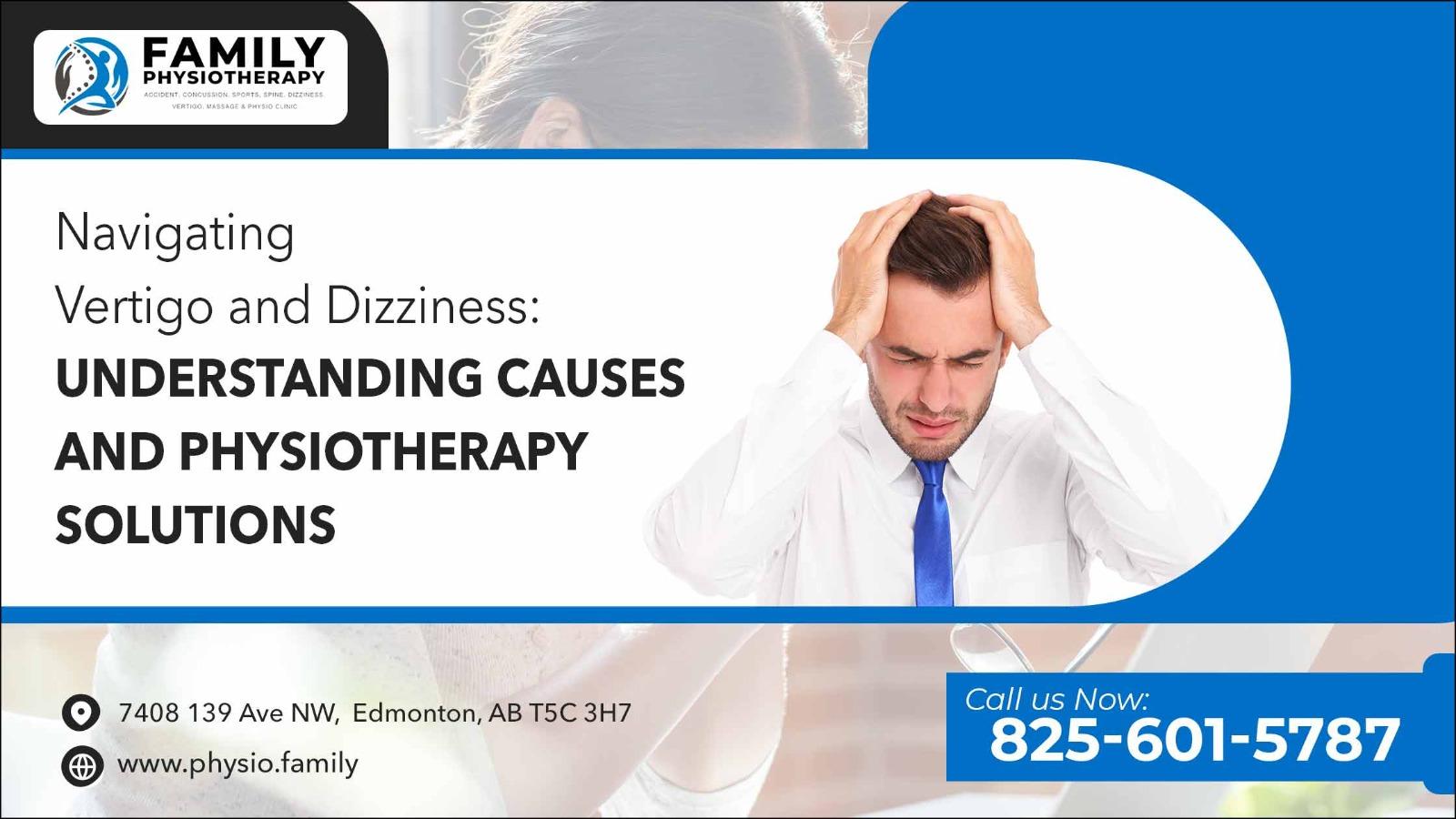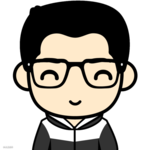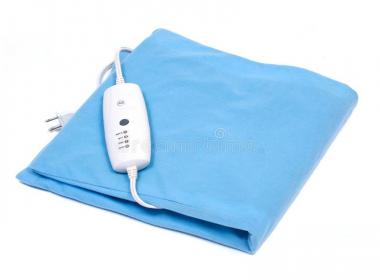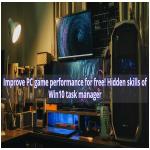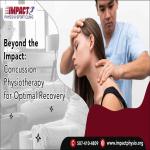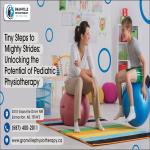Navigating through episodes of vertigo and dizziness can be a challenging, disorienting experience. These symptoms, although common, are often misunderstood or misdiagnosed. In this post, we aim to demystify these issues, shed light on their causes, and explain how Vertigo and Dizzy physiotherapy in Edmonton, offered through Family Physiotherapy, can provide effective solutions.
Understanding Vertigo and Dizziness
Vertigo is a symptom where a person experiences the sensation of spinning, either themselves or the environment around them. Dizziness, on the other hand, is a broader term that encompasses a range of sensations, such as feeling unsteady, lightheaded, or disoriented. Both vertigo and dizziness can disrupt daily activities and negatively impact quality of life.
Causes of Vertigo and Dizziness
The causes for these symptoms are manifold and can stem from issues in various systems of the body, such as the vestibular and nervous system, or even as a result of medication side effects. Conditions like benign paroxysmal positional vertigo (BPPV), Meniere's disease, or vestibular migraines can trigger vertigo. A concussion can also lead to dizziness or imbalance, making concussion physio an important consideration for those who have suffered head trauma.
Physiotherapy Solutions
Physiotherapy can offer a range of solutions to tackle the symptoms of vertigo and dizziness. Methods may include vestibular rehabilitation, a therapy aimed at enhancing the vestibular system's function. This is especially useful for conditions like BPPV or vestibular neuritis. Additionally, physiotherapists may use manual techniques, sensory interaction exercises, and even concussion physio to manage post-concussion symptoms.
Vestibular Rehabilitation
It is a specialized form of physiotherapy designed to alleviate the symptoms of vertigo and balance disorders. The approach involves customized exercises that aim to recalibrate the vestibular system, which controls balance and spatial orientation.
Techniques might include gaze stabilization exercises, habituation exercises, and balance training. These exercises are designed to recalibrate the brain's ability to interpret and integrate signals from the vestibular system with information from vision and body awareness. Vestibular rehabilitation provides a focused method for mitigating symptoms and enhancing the quality of life for those struggling with vertigo and dizziness.
Concussion Physio
If dizziness and vertigo result from a concussion, physiotherapy can provide targeted interventions to manage symptoms, which may include head injuries or trauma to the vestibular system, and promote recovery.
Diagnostic techniques often involve comprehensive assessments of cognitive function, balance, and visual capabilities to create a tailored treatment plan. Strategies might include balance retraining exercises, cognitive exercises, vision stability training, and other manual therapies that improve vestibular function.
Additional Therapies in Physiotherapy
Besides vestibular rehabilitation and concussion physio, additional therapies may be used depending on the root cause of vertigo and dizziness. Techniques such as manual lymphatic drainage, proprioceptive training, and neuromuscular re-education can play a vital role in addressing symptoms and improving balance and stability.
Symptoms to Look Out For- Recognizing the Signs of Vertigo and Dizziness
Awareness of symptoms is the first step towards seeking appropriate medical intervention. Here are some common symptoms to be aware of:
- Spinning Sensation: A feeling as if the room is spinning or you are rotating when you are stationary.
- Unsteadiness: Difficulty maintaining balance, especially when standing or walking.
- Nausea and Vomiting: Often accompanies severe episodes of vertigo.
- Visual Disturbances: Such as difficulty focusing or following objects with the eyes.
- Hearing Loss or Tinnitus: Sometimes vertigo comes with auditory symptoms like hearing loss or a ringing sensation in the ears.
- Cognitive and Emotional Changes: With conditions like post-concussion syndrome, symptoms may extend to cognitive difficulties, irritability, and emotional changes.
- Headaches: Often accompany vertigo and dizziness and can range from mild to severe.
Identifying these symptoms is essential for prompt diagnosis and effective treatment. If you encounter any such signs, it would be advisable to book an appointment for Vertigo and Dizziness physiotherapy Edmonton for a precise diagnosis and a customized course of treatment.
Real-World Applications: Why Physiotherapy Matters for Vertigo and Dizziness
Physiotherapy serves as an effective and non-invasive treatment option for managing vertigo and dizziness symptoms. Beyond the clinical setting, the skills and techniques taught during therapy can be applied in everyday life to manage episodes and prevent falls. For example, specific exercises may help individuals become more comfortable with movements that trigger their vertigo, thus allowing them to engage in daily activities with less fear of experiencing an episode. Furthermore, therapists often work in collaboration with other healthcare providers, ensuring that patients receive comprehensive care that addresses the causes of their symptoms.
The Value of Specialized Physiotherapy
The specialized services at Family Physiotherapy in Edmonton offer a multidimensional approach to managing vertigo and dizziness. Whether it's vestibular rehabilitation or concussion physio, these techniques are highly effective in diagnosing, treating, and providing relief for these disruptive symptoms. Therefore, those suffering from vertigo and dizziness should consider physiotherapy as a reliable avenue for recovery and enhanced well-being.
By understanding the causes and treatment options available, one can navigate the path to recovery with greater confidence. Thus, physiotherapy offers not just symptom relief but also the empowerment that comes with improved health and quality of life.
Also read about:
Technological Innovations and Equipment Updates in Shockwave Physiotherapy
Pelvic Floor Physiotherapy Techniques and Benefits
Healing through Movement The Benefits of Athletic Therapy
